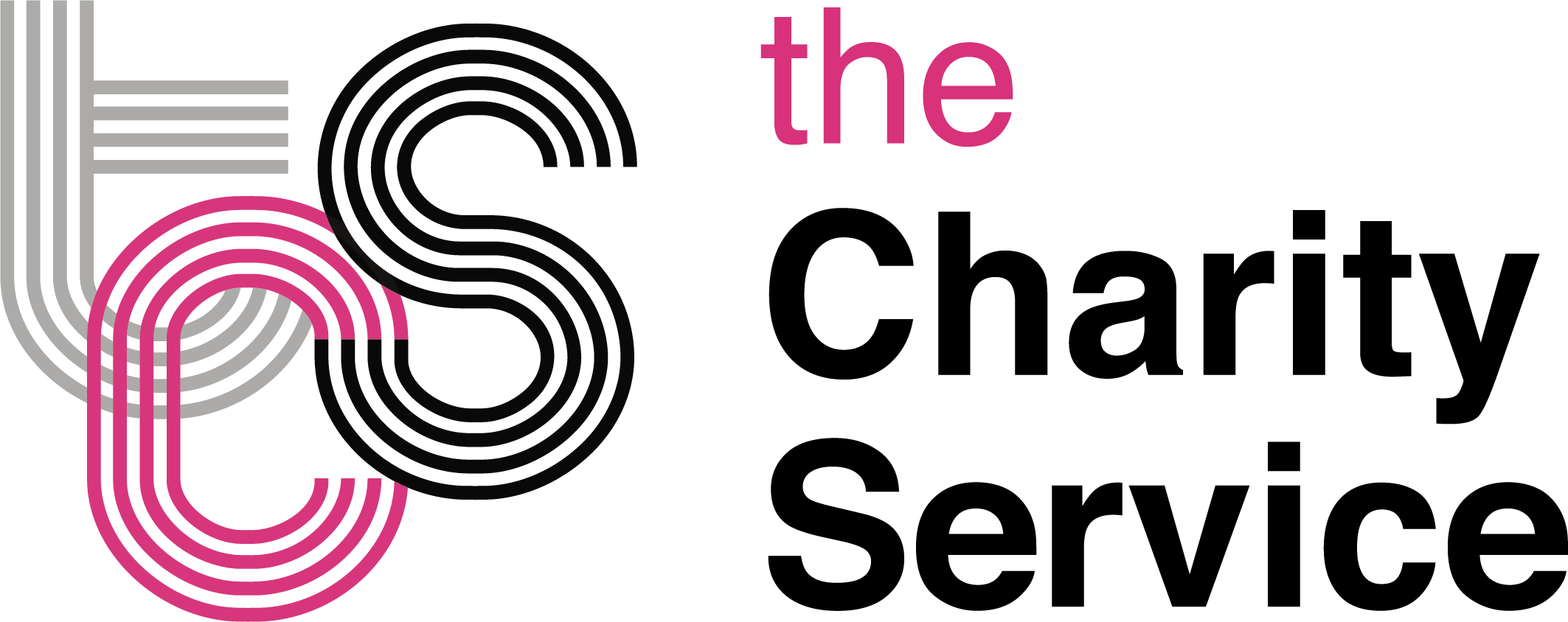An important part of our work is undertaking due diligence on our grant recipients. We do this for both our Greater Manchester Grants Programme and as part of our role facilitating our Donor Advised Funds. But what actually do we mean by due diligence in this context?
Ultimately we want to be reassured that the funding will be used for charitable purposes and that the recipient organisation is in a strong position to deliver its objectives. In many cases, in particular for our GM Grants Programme and when providing philanthropy advice, we also look at the potential impact of a grant which is a different and sometimes more complex consideration and the topic for a further blogpost.
The process
How do we go about collecting the information we need? We use a combination of publicly available sources, in particular the websites of the Charity Commission, Scottish Charity Regulator (OSCR) or Charity Commission for Northern Ireland (CCNI), a charity’s online and social media presence and any annual reports. We usually supplement this with an email, phone call or even a site visit to ensure we have a full picture of an organisation. We have a dedicated Grants Coordinator and the due diligence process is a key part of his responsibilities.
Firstly we look at an organisation’s aims and objectives to ensure these are fully charitable in nature. This is particularly relevant if the grant has been awarded to an organisation that is not a UK-registered charity for example an overseas charity or a Community Interest Company (CIC).
We then consider an organisation’s financial position. We’re not looking specifically at the size of a charity’s reserves or their turnover – many of our grant recipients are small or very new and we understand how transformative philanthropic funding can be when a charity is working with very limited resources. But we do want to check for any financial irregularities and to consider whether a recipient is at risk of being unable to deliver their objective or even closing.
We go on to look at whether a recipient is up to date with their reporting to the Charity Commission, OSCR or CCNI and their governance arrangements. We want to see that recipients understand and are able to meet their regulatory requirements and that they have strong governance in place with an appropriate number of trustees, regular board meetings etc.
We also consider whether a charity has appropriate policies in place for the work they do. This may include, but isn’t limited to Safeguarding, GDPR/Data Protection, Volunteering and others. For funding for specific projects we may also ask for Public Liability insurance, risk assessments or other documentation. At this stage the due diligence process is bespoke to each organisation as we try to identify any serious risks to the recipient organisation and its work.
We have additional checks for overseas organisations where the risks can be higher including considering the local legal framework and potential issues such as sanctions. We also have further checks for CICs which have different reporting requirements to registered charities and so we may need to request further information.
What next?
Perhaps the most important part of the due diligence process is what happens when we uncover issues with a recipient organisation. When this happens our priority is to work with the organisation to facilitate the grant. We may need further information to ensure that any potential issues have been identified and managed appropriately. In other circumstances we may provide advice and support or signpost an organisation to other bodies such as the Charity Commission, OSCR, CCNI or the NCVO for further guidance. We may delay a grant to allow a recipient time to address any issues, for example appointing further trustees or updating policy documents. We may also decline a grant with feedback and encourage an applicant to reapply in the future.
On occasion we do have to decline a grant to an organisation where there is no opportunity to fund them in future. In these cases we feedback to the organisation and if the grant had been requested by one of our Donor Advised Fund holders we will explain the situation to the donor and will work with them to identify an alternative recipient.
For more information about our due diligence process you can contact our Grants Coordinator, Pete Yarwood at [email protected] or our Head of Philanthropy, Rachel Tomlins at [email protected].

